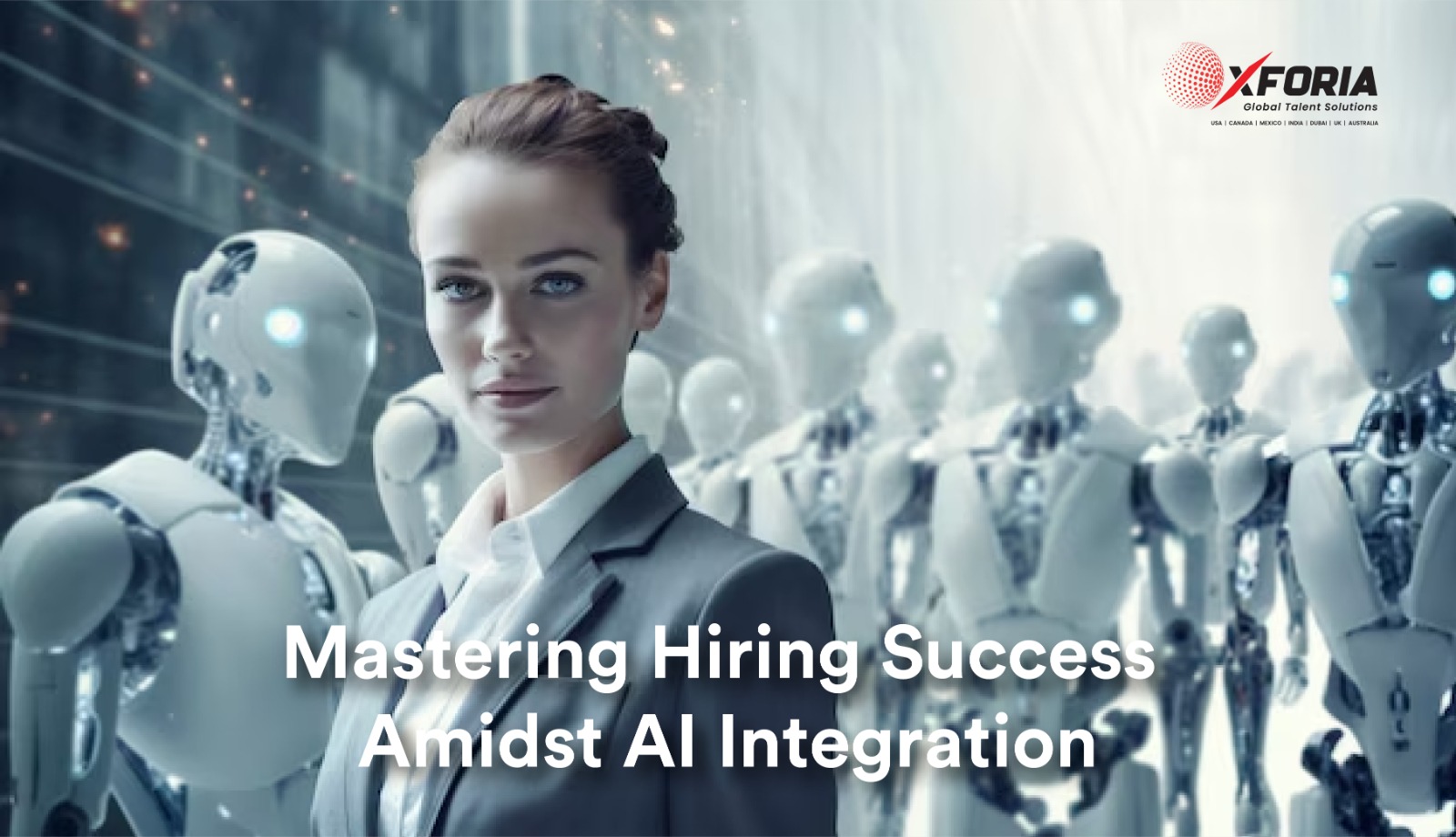In the present digital age, integration of artificial intelligence (AI) into various aspects of business operations is no longer a novelty, but a necessity. Among its many applications, AI has found a significant role in the hiring process, promising to streamline recruitment, enhance decision-making, and reduce biases. However, as with any powerful tool, the use of AI in hiring comes with its own set of challenges and ethical considerations.

The potential of AI to revolutionize hiring practices is undeniable. Automated systems can swiftly sift through thousands of resumes, identify top candidates, and even conduct initial interviews. By analyzing data patterns, AI algorithms claim to predict candidate performance and cultural fit more accurately than traditional methods. This efficiency is particularly appealing in today’s competitive job market, where speed often translates to securing top talent.
Yet, the rush to embrace AI in hiring must be treated with caution. The fear of perpetuating biases persists in data introducing new biases through algorithmic design. Concerns about fairness, transparency, and accountability loom large, raising questions about the ethical implications of relying on AI to make crucial hiring decisions.
One of the primary challenges in ensuring AI doesn’t negatively impact hiring lies in addressing bias. AI systems learn from historical data, which may reflect and perpetuate existing biases present in society and previous hiring practices. For instance, if historical hiring data favors certain demographics or educational backgrounds, the AI algorithms trained on such data may inadvertently discriminate against underrepresented groups. To mitigate bias in AI-driven hiring processes, several strategies can be employed.
Diverse and Representative Training Data: Ensure that AI algorithms are trained on diverse and representative datasets that encompass a wide range of demographics, backgrounds, and experiences. This helps prevent the perpetuation of existing biases and promotes fairness in decision-making.
Regular Monitoring and Auditing: Implement regular audits and monitoring mechanisms to detect and rectify biases in AI systems. This involves analyzing outcomes to identify any disparities in the treatment of different demographic groups and taking corrective actions as necessary.
Transparency and Explainability: Strive for transparency and explainability in AI-driven hiring systems. Candidates and hiring managers should have a clear understanding of how AI algorithms make decisions, including the factors considered and the weight assigned to each criterion.
Human Oversight and Intervention: Maintain human oversight throughout the hiring process to intervene in cases where AI-driven decisions may be questionable or biased. Human judgment and expertise are essential for contextual understanding and mitigating potential algorithmic shortcomings.
Continuous Improvement: Embrace a culture of continuous improvement by regularly refining and updating AI algorithms based on feedback, performance data, and evolving best practices in ethical AI.
Beyond bias, another critical aspect of ensuring AI doesn’t negatively impact hiring is preserving the human element. While AI can expedite certain aspects of the recruitment process, it should complement rather than replace human judgment and intuition. Building meaningful connections, assessing soft skills, and gauging cultural fit are aspects of hiring that still require human interaction and cannot be solely delegated to machines.
As AI becomes more prevalent in hiring, it is essential to prioritize candidate experience and privacy. Transparency about data usage, consent for data collection, and safeguarding sensitive information are paramount to building trust between organizations and job seekers.
While AI holds immense potential to transform hiring practices for the better, its implementation must be approached with care and responsibility. Striking the delicate balance between efficiency and fairness is key to realizing the full potential of AI in shaping the future of work.





